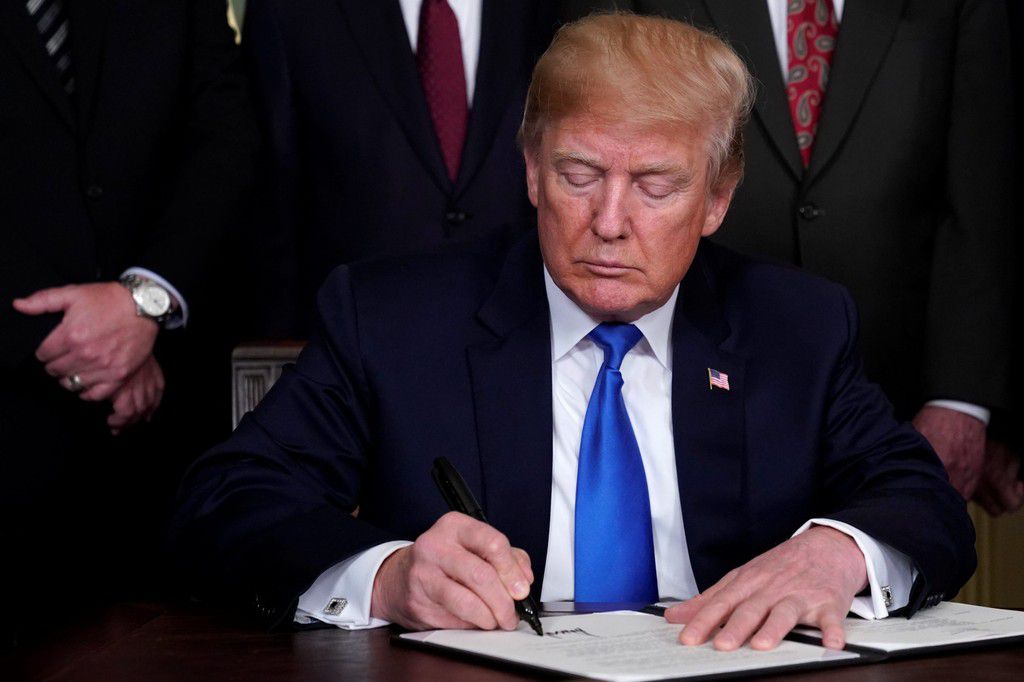Cameroon made history by becoming the first country to incorporate the malaria vaccine into its routine immunisation programme. A year later, this groundbreaking initiative has inspired sixteen other African nations to follow suit, marking a significant step in the fight against malaria.
The Impact of Malaria Vaccines
Malaria remains one of the deadliest diseases globally, claiming the life of a child nearly every minute. However, the introduction of malaria vaccines has provided a beacon of hope. According to the World Health Organization (WHO), the rollout of malaria vaccines in these seventeen African countries has led to a remarkable 13% reduction in child deaths from the disease within just one year.
This achievement underscores the life-saving potential of vaccines such as RTS,S (Mosquirix) and R21/Matrix-M. These vaccines have rapidly gained popularity, with demand far outpacing supply in many regions. Communities across the continent have embraced this innovation, recognising its crucial role in protecting their children.
Expanding Access to Vaccines
The momentum continues to grow as eight more African countries, including Uganda, Ethiopia, Guinea, Mali, and Burundi, prepare to introduce malaria vaccines into their immunisation programmes this year. This expansion highlights the continent’s commitment to eradicating malaria and ensuring equitable access to life-saving interventions.
Promising Advances in Malaria Research
The fight against malaria is also bolstered by cutting-edge research. Early trials of a new malaria vaccine developed by the UK’s University of Oxford have shown encouraging results. Studies conducted in Burkina Faso and Tanzania reveal that the vaccine can prevent 55% of malaria cases in children over a six-month period. If further trials confirm these findings, this vaccine could become a vital addition to the arsenal against malaria, especially in regions with high transmission rates.
Challenges and the Road Ahead
Despite these advancements, challenges persist. The high demand for malaria vaccines highlights the need to scale up production and distribution. Additionally, sustained funding and robust healthcare infrastructure are essential to ensure these vaccines reach every child in need.
Governments, international organisations, and private sector partners must work collaboratively to address these challenges. Increased investment in research, development, and delivery systems will be critical to maintaining the progress achieved so far.
The introduction of malaria vaccines across Africa marks a pivotal moment in global health. As more countries join the movement, the goal of reducing malaria-related deaths and ultimately eradicating the disease comes closer to reality. With continued innovation, collaboration, and commitment, a malaria-free future is within reach.
Read Full Story












Facebook
Twitter
Pinterest
Instagram
Google+
YouTube
LinkedIn
RSS